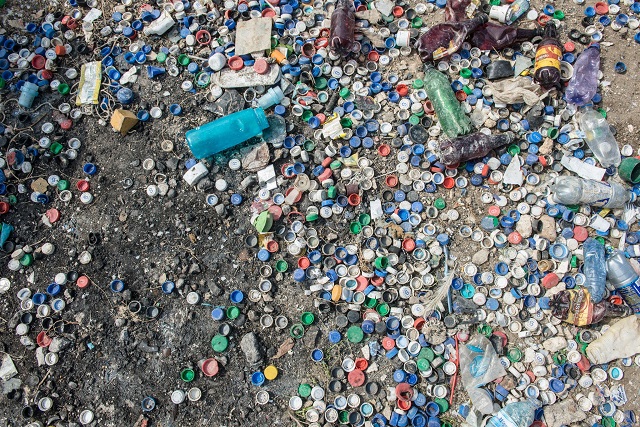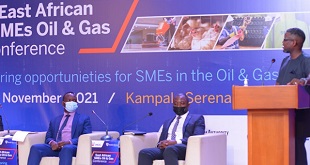
No single country or company, however determined, can address the problems of plastics on its own
By Nils Simon and Lili Fuhr
If there are any geologists in millions of years, they will easily be able to pinpoint the start of the so-called Anthropocene – the geological age during which humans became the dominant influence on our planet’s environment. Wherever they look, they will find clear evidence of its onset, in the form of plastic waste.
Plastic is a key material in the world economy, found in cars, mobile phones, toys, clothes, packaging, medical devices, and much more. Worldwide, 322 million metric tons of plastic were produced in 2015. And the figure keeps growing; by 2050, it could be four times higher.
But plastic already is creating massive global environmental, economic, and social problems. Despite requiring resources to produce, plastic is so cheap that it often is used for disposable – often single-use – products. As a result, a huge amount of it ends up polluting the earth.
Plastic clogs cities’ sewer systems and increases the risk of flooding. Larger pieces can fill with rainwater, providing a breeding ground for disease-spreading mosquitos. Up to 13 million tons of plastic waste end up in the ocean each year; by 2050, there could be more plastic in there than fish. The plastic that washes up on shores costs the tourism industry hundreds of millions of dollars every year.
Moreover, all that plastic poses a serious threat to wildlife. Beyond the dead or dying seals, penguins, and turtles that had the bad fortune of becoming entangled in plastic rings or nets, biologists are finding dead whales and birds with stomachs stuffed with plastic debris.
Plastic products may not be all that good for humans, either. While the plastics used, say, to package our foods are usually nontoxic, most plastics are laden with chemicals, from softeners (which can act as endocrine disruptors) to flame retardants (which can be carcinogenic or toxic in higher concentrations). These chemicals can make it through the ocean and its food chain – and onto our plates.
 The Independent Uganda: You get the Truth we Pay the Price
The Independent Uganda: You get the Truth we Pay the Price



arsenal tröja
That is a good tip particularly to those new to the
blogosphere. Brief but very precise information… Many thanks
for sharing this one. A must read article!